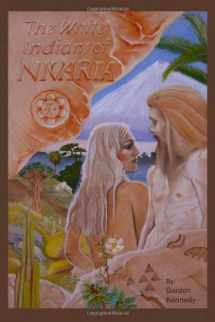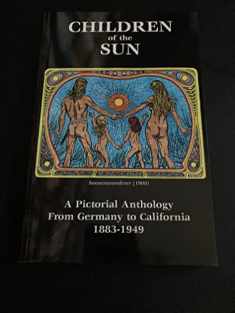
The White Indians of Nivaria; The Untold Story of the Last Stone-Age Indo-European Tribes
Book details
Summary
Description
They were virtuous, honest and brave, and the finest qualities of humanity were found united in them; to wit, magnanimity, skill, courage, athletic powers, strength of soul and of body, pride of character, nobleness of demeanor, a smiling physiognomy, an intelligent mind and patriotic devotedness. (From Tenerife poet Antonio Viana, in 1604) Gordon Kennedy's book, The White Indians of Nivaria, (2010) is an anthropological odyssey and true historical account of white natives living primitive on 7 African islands for many thousands of years, a lost and forgotten chapter of Indo-European pre-history that describes a western settlement on an Eden-like volcanic archipelago, inhabited by a female friendly indigenous population of cave dwelling Caucasians, still living in the Stone-Age as late as the European Renaissance. This is a rare glimpse of a pre-Christian Western culture with a tropical island native flavor. The Guanche Indians mummified their dead, spoke a unique language, constructed ceremonial pyramids and were custodians of an ancient spiritual legacy from the ancestral memories of Indo-European evolution, showing many potent primal archetypes. An improbable but true story, the book is a piece of hard science that reads like an enchanted bucolic vision. Details include 13 chapters relative to Guanche customs, culture, foods, habitation, language, cosmology and survival...and one chapter discussing the possibility of the Canary Islands as a likely stepping-stone to the Americas by ancient pre-Columbian mariners such as the Sumerians and Phoenicians. 38 Color images and 40 black & white ones, includes maps, index and bibliography. 105 pages, ISBN# 978-0-9668898-1-9 This unique work is a voice and perspective on indigenous European pre-history from the most innocent aboriginal source and provides a healthy antidote to the modern-day spiritually challenged corporate Cro-Magnon ideology currently permeating Western civilization. To our modern world the literary Tarzan (born 1912) and his female companion have come to be a fictionalized replacement for the memory of the Guanches....free, wild and at one with nature. But The White Indians of Nivaria is the original historically accurate account of noble heroes and beautiful women living in their African island eden. Columbus launched his first trip to America from the Canary Island of Gomera on September 6, 1492, reaching the Bahamas in 33 days. After he had returned from this voyage news of his discovery had already reached his native Italy where a poem from that year ended with the words [Finta la storia della inventione delle nouve isole di Canaria indiane........ literally,....The history of the discovery of the new Indian islands of the Canary is finished]. This clearly shown how both the Guanches and natives of America came to be known as Indios, or Indians in English, and why the Canary Islands were often thought to be the geographical beginning of the Indies, which had been known as such since the time of Alexander The Great.


We would LOVE it if you could help us and other readers by reviewing the book
Book review




